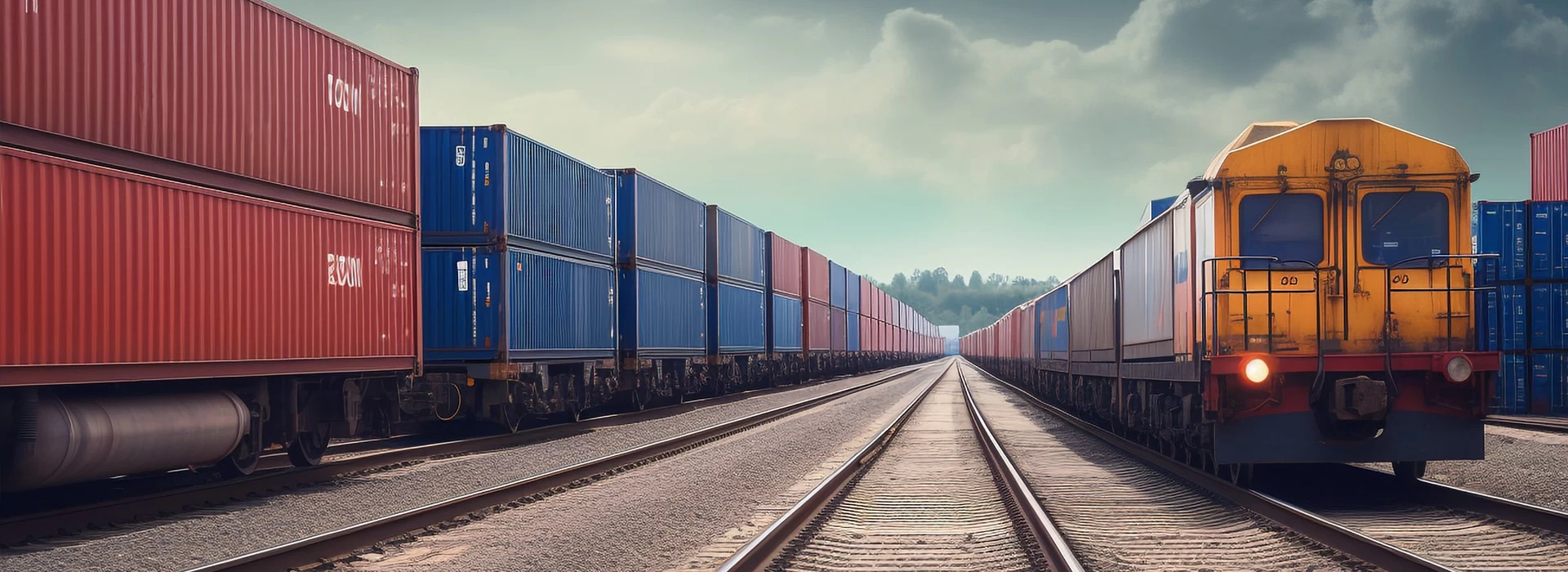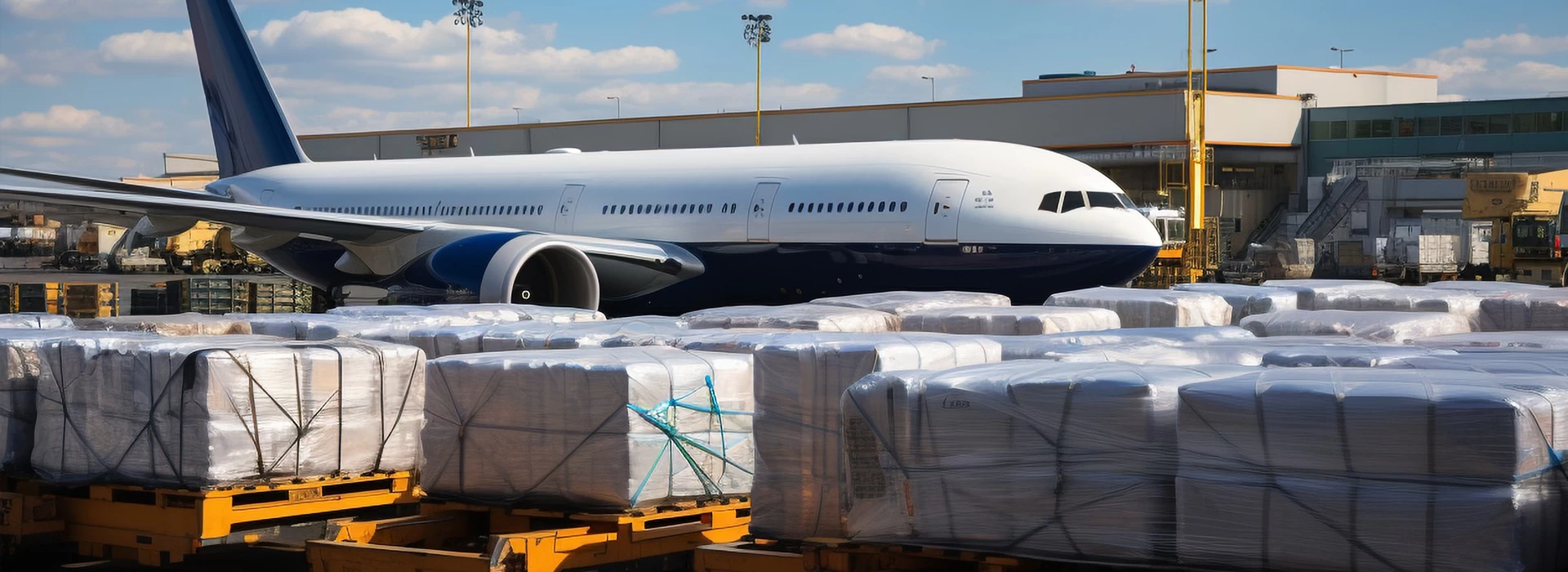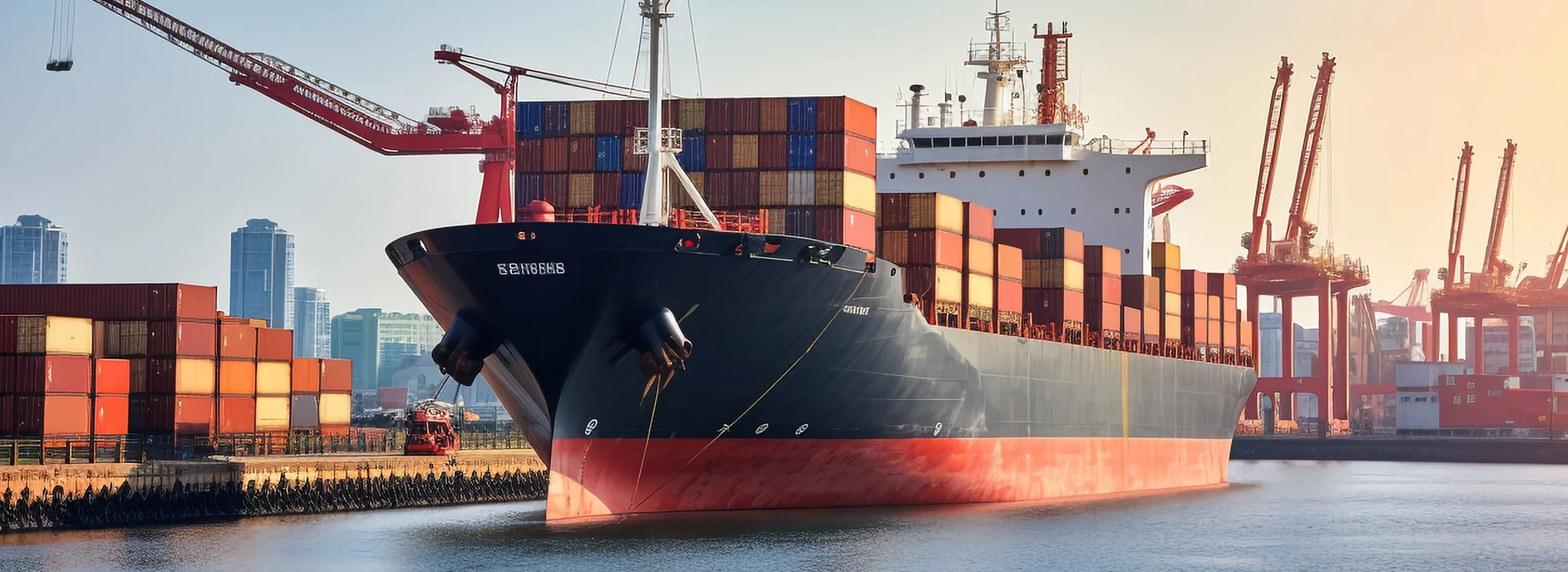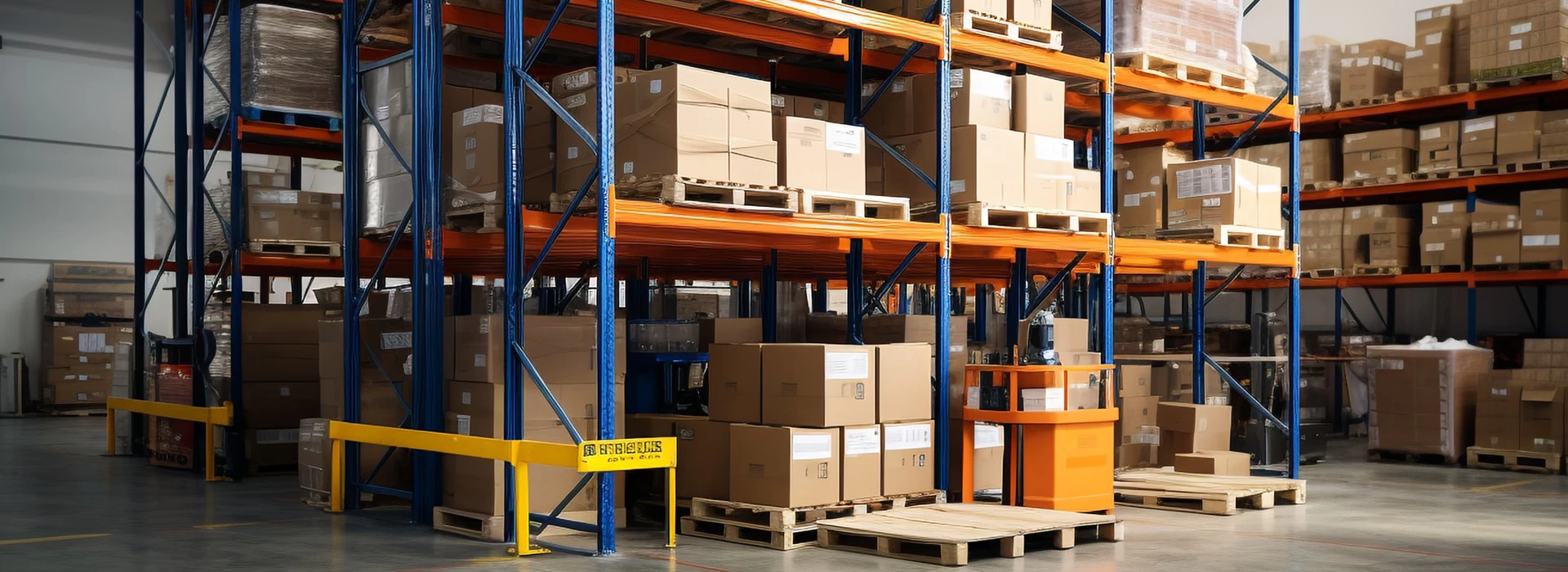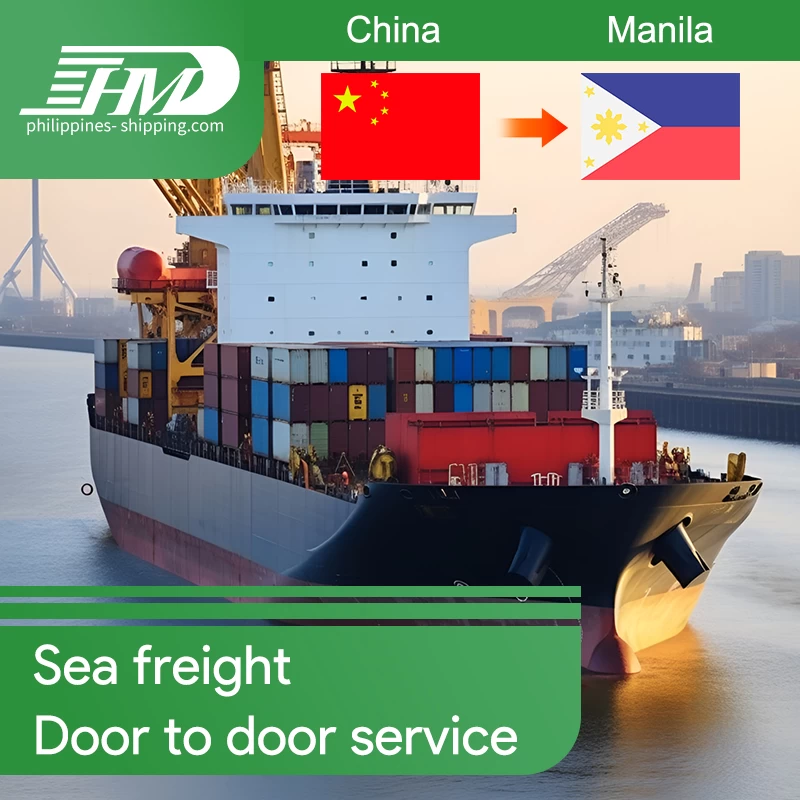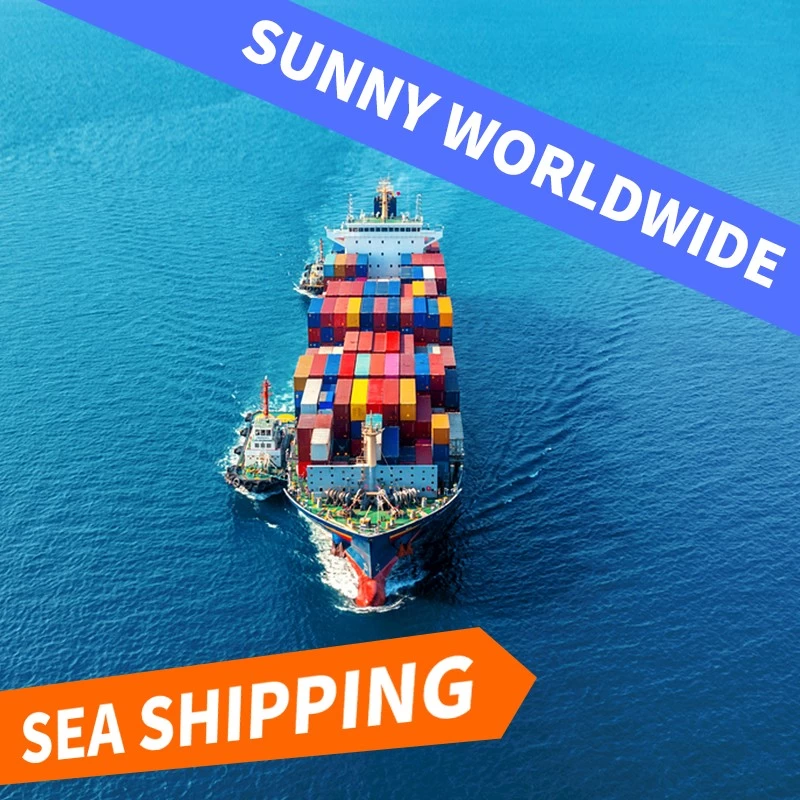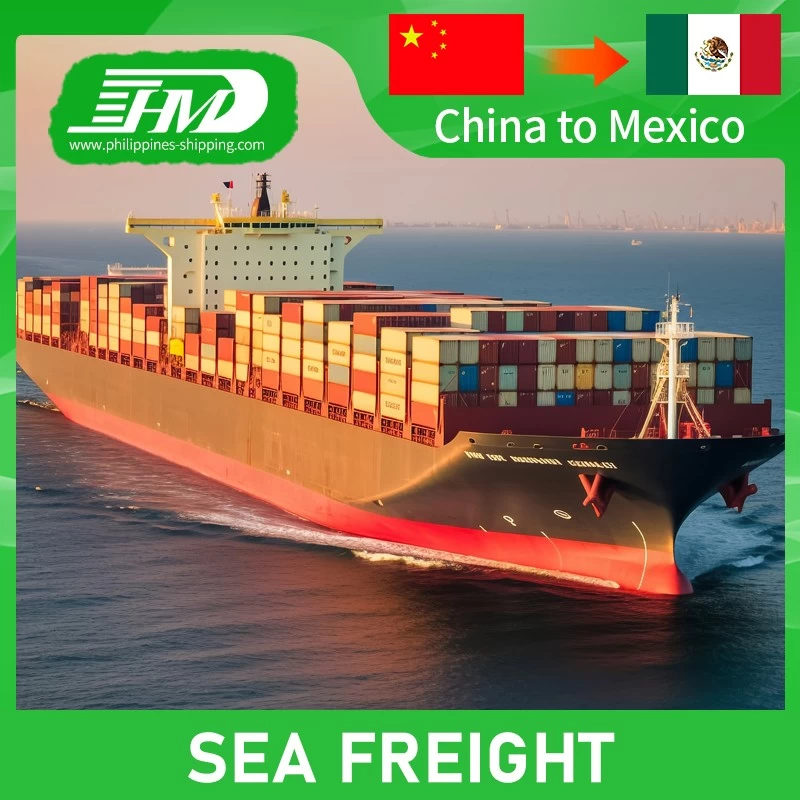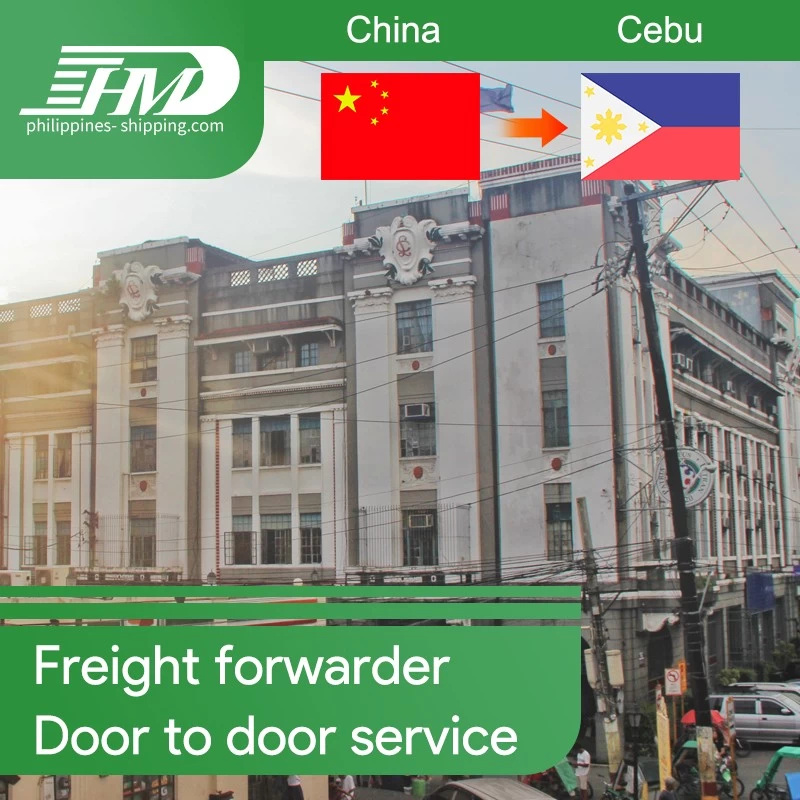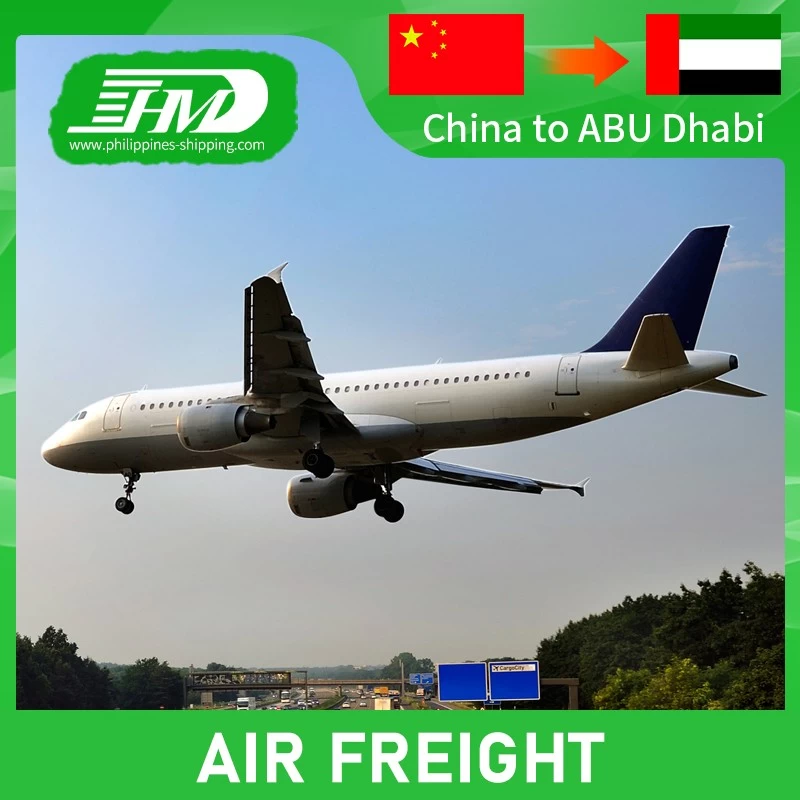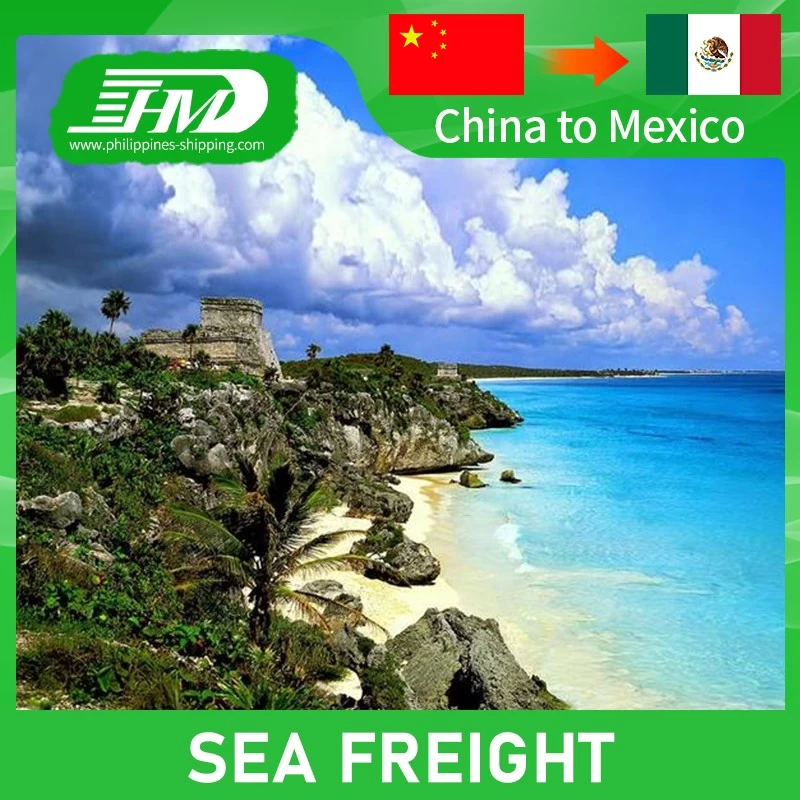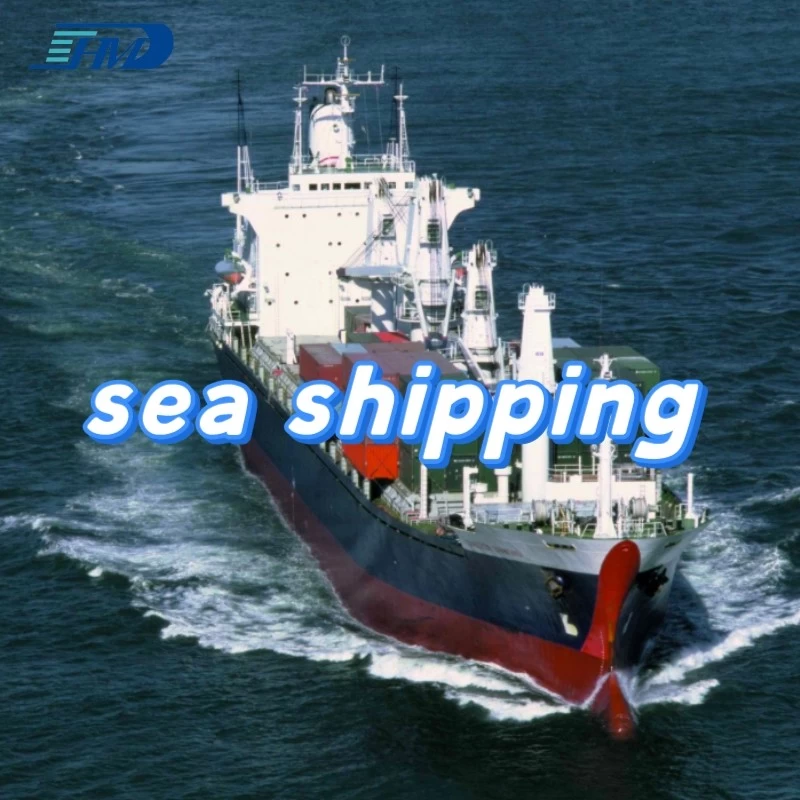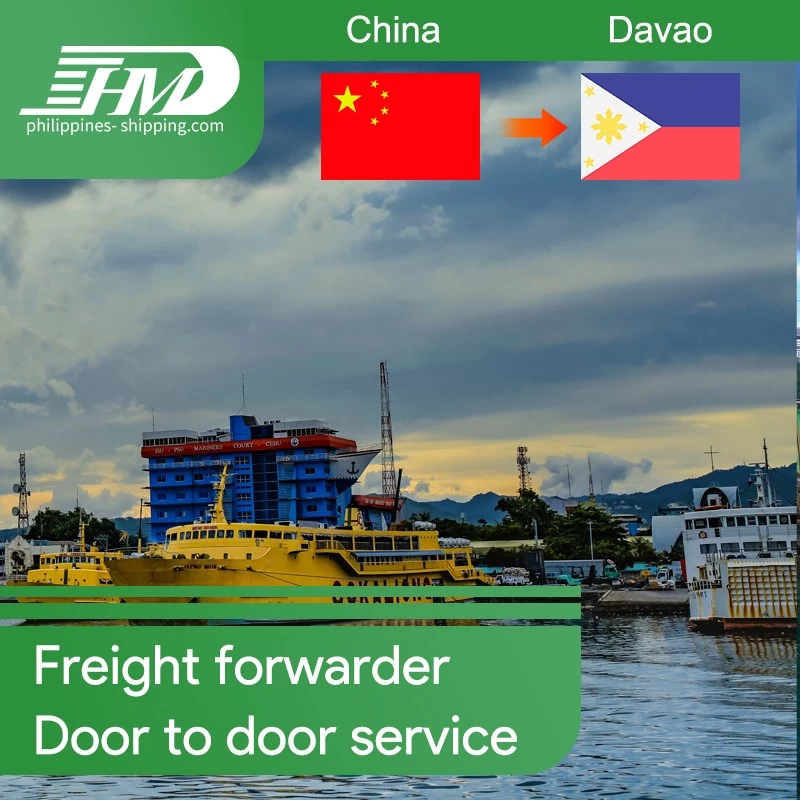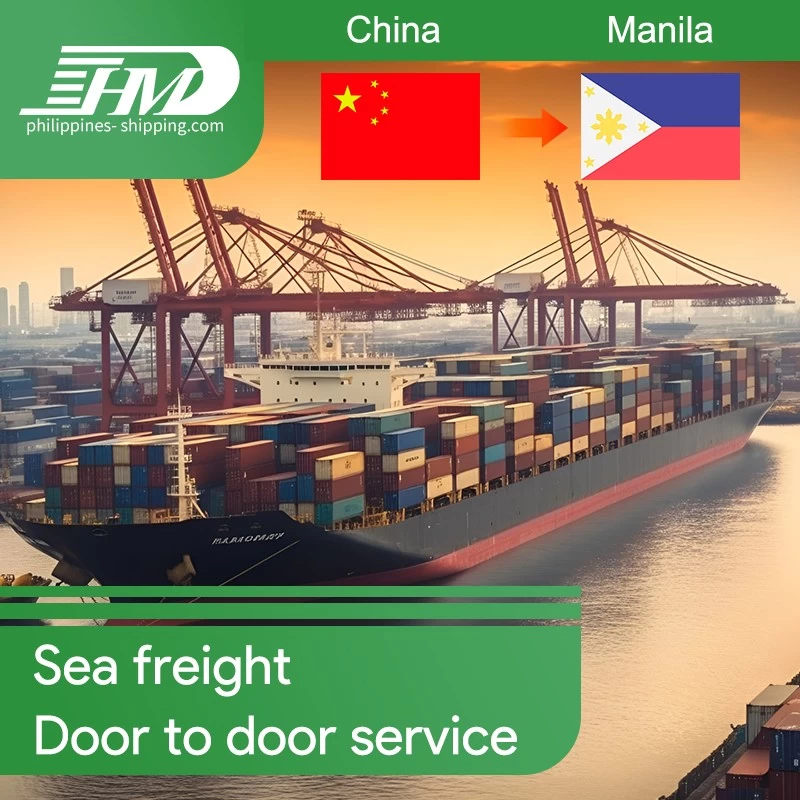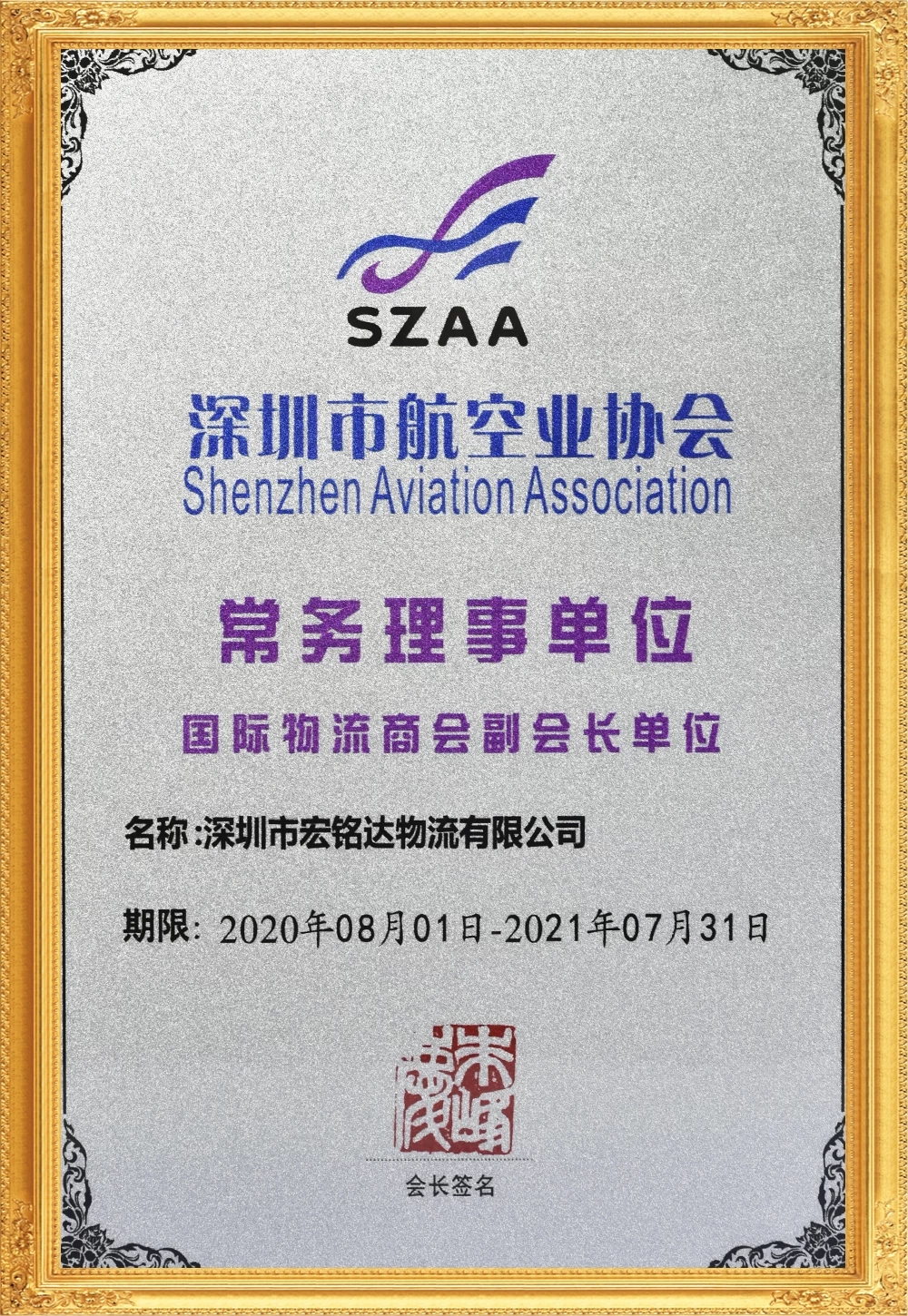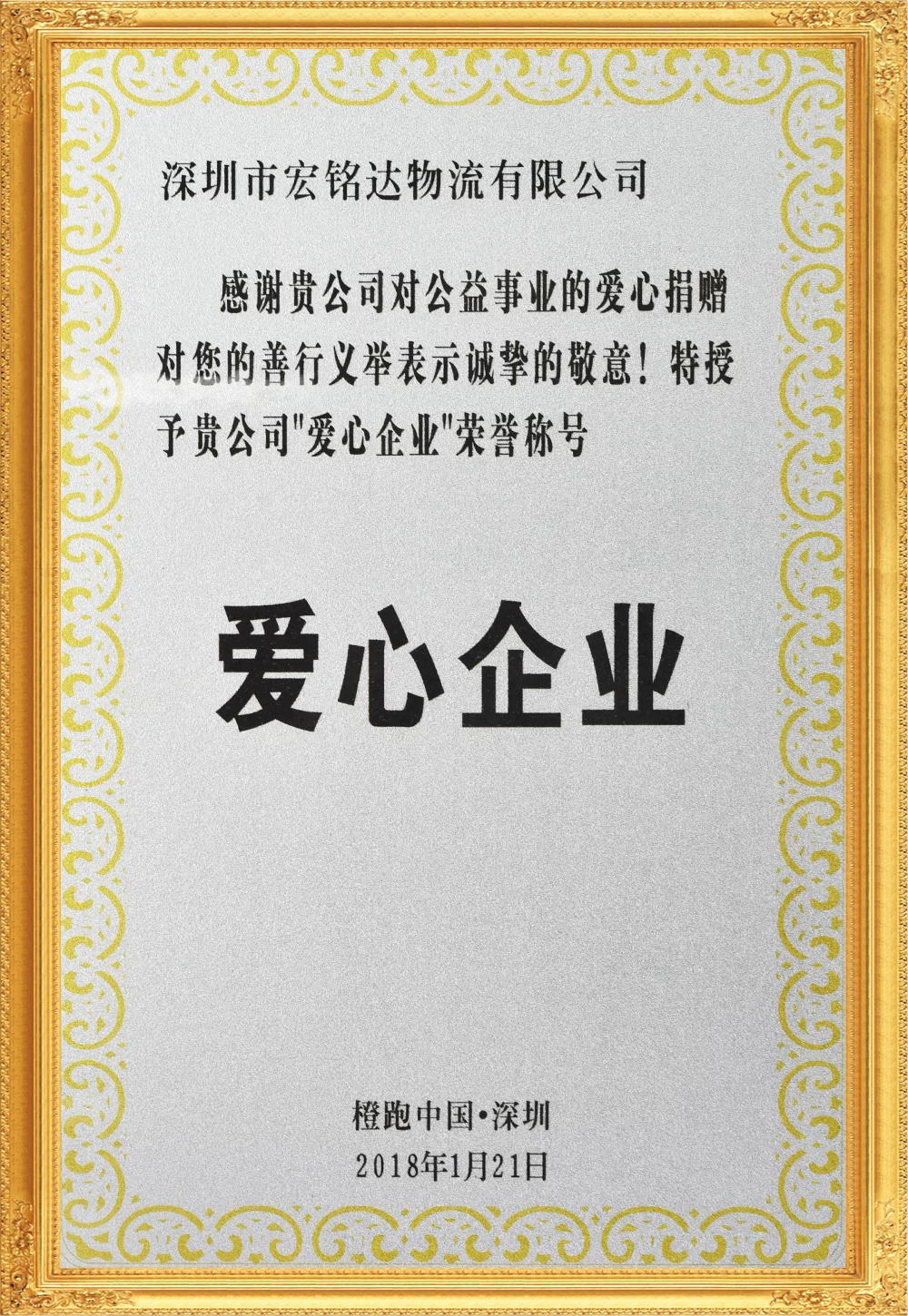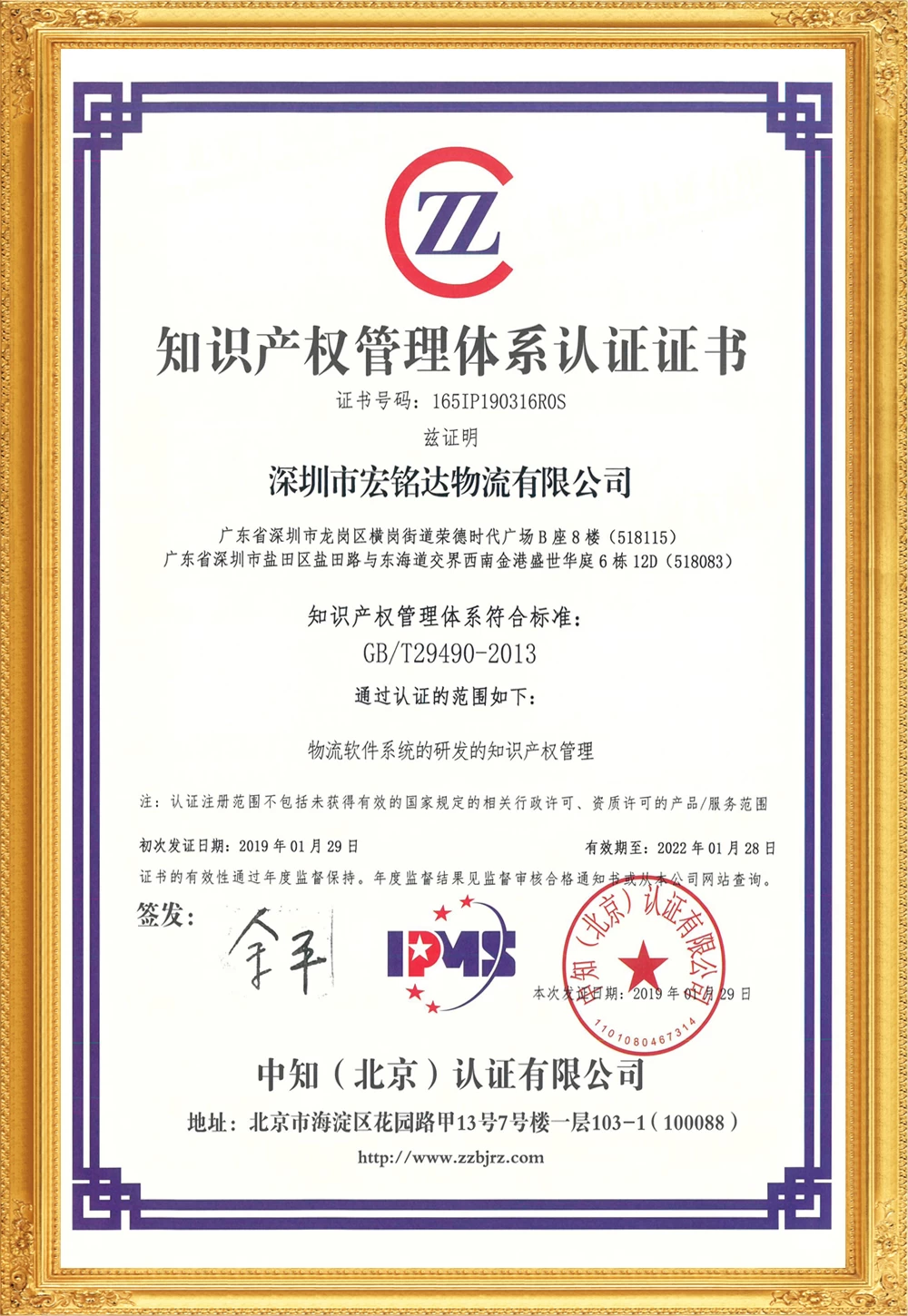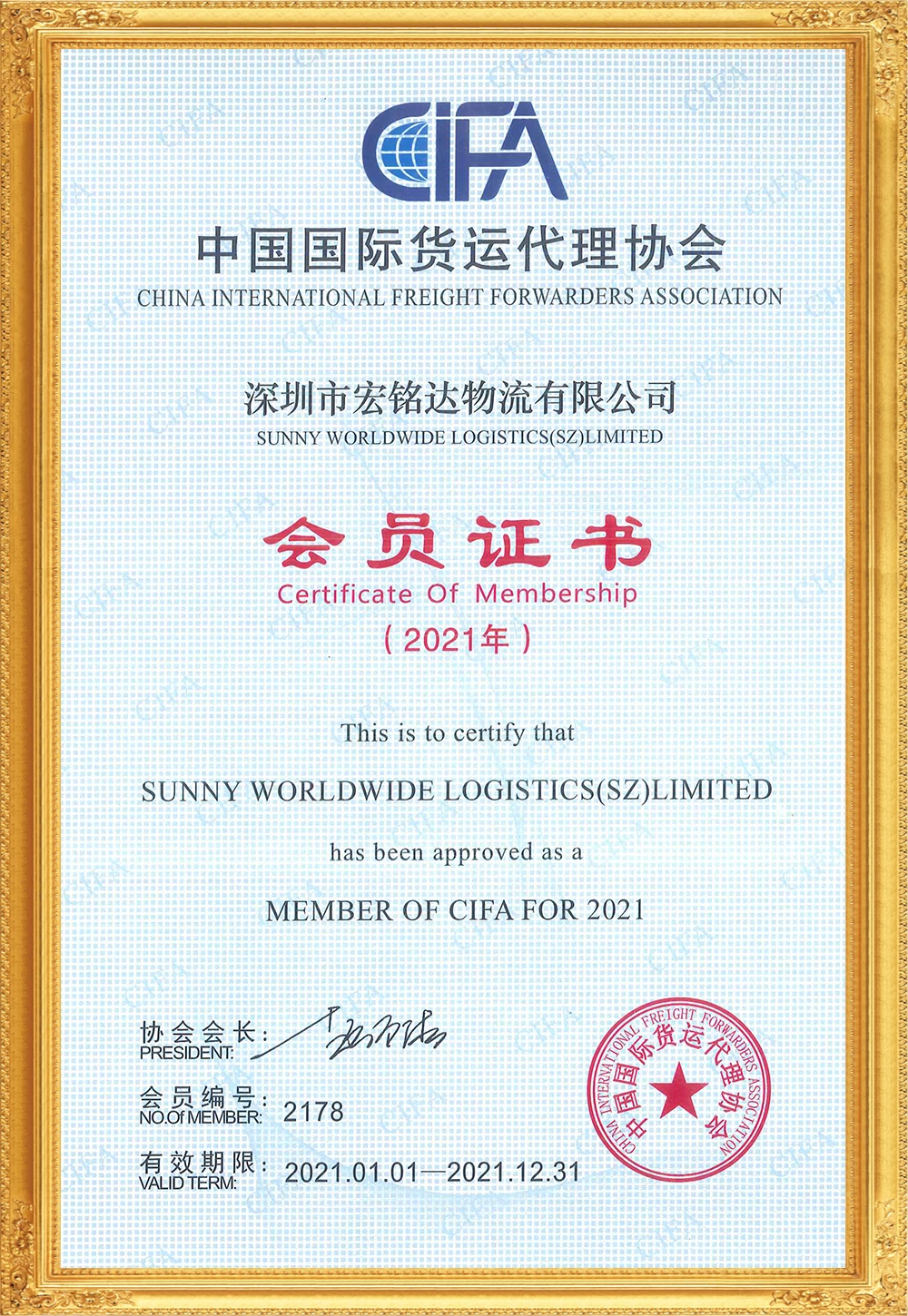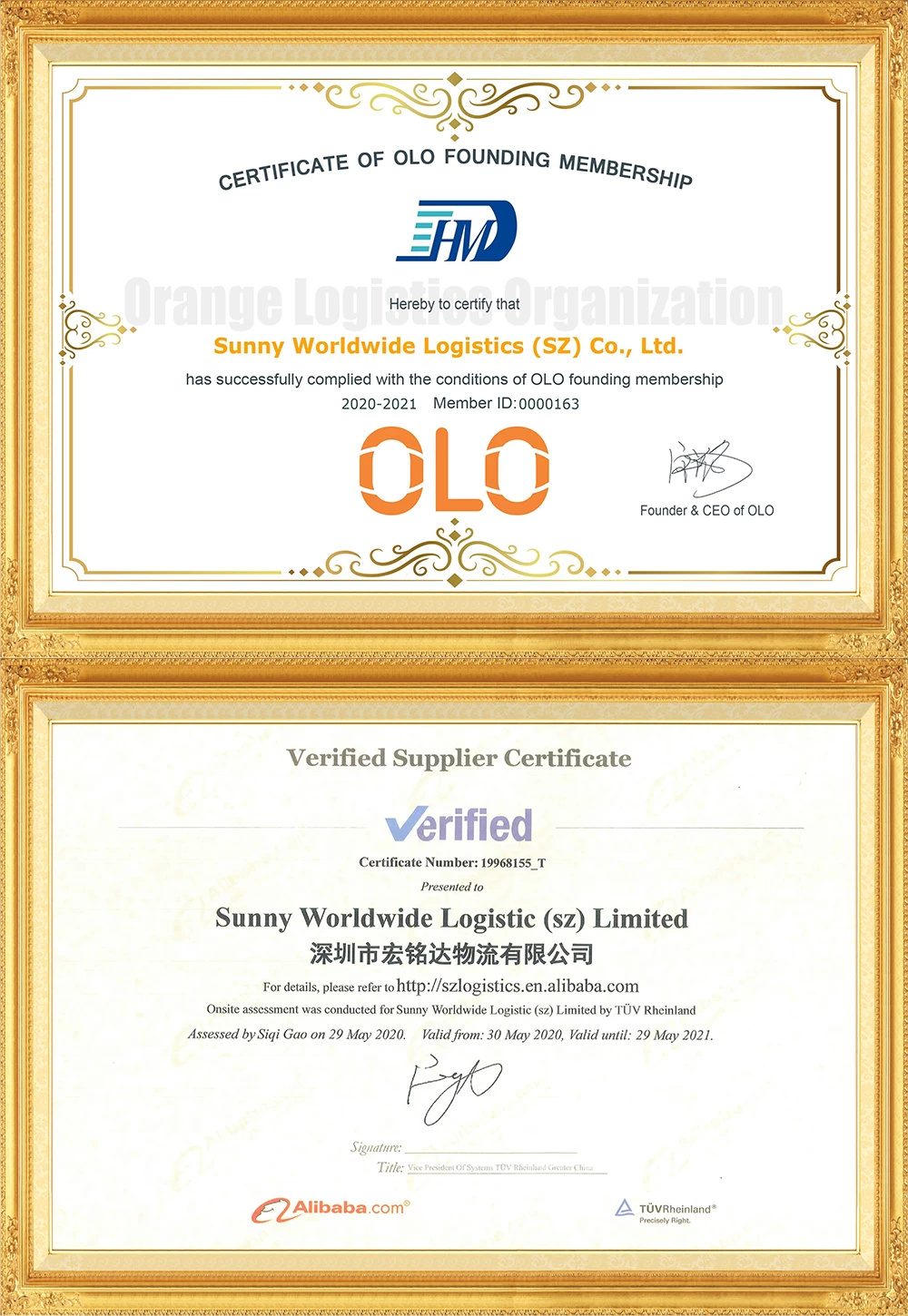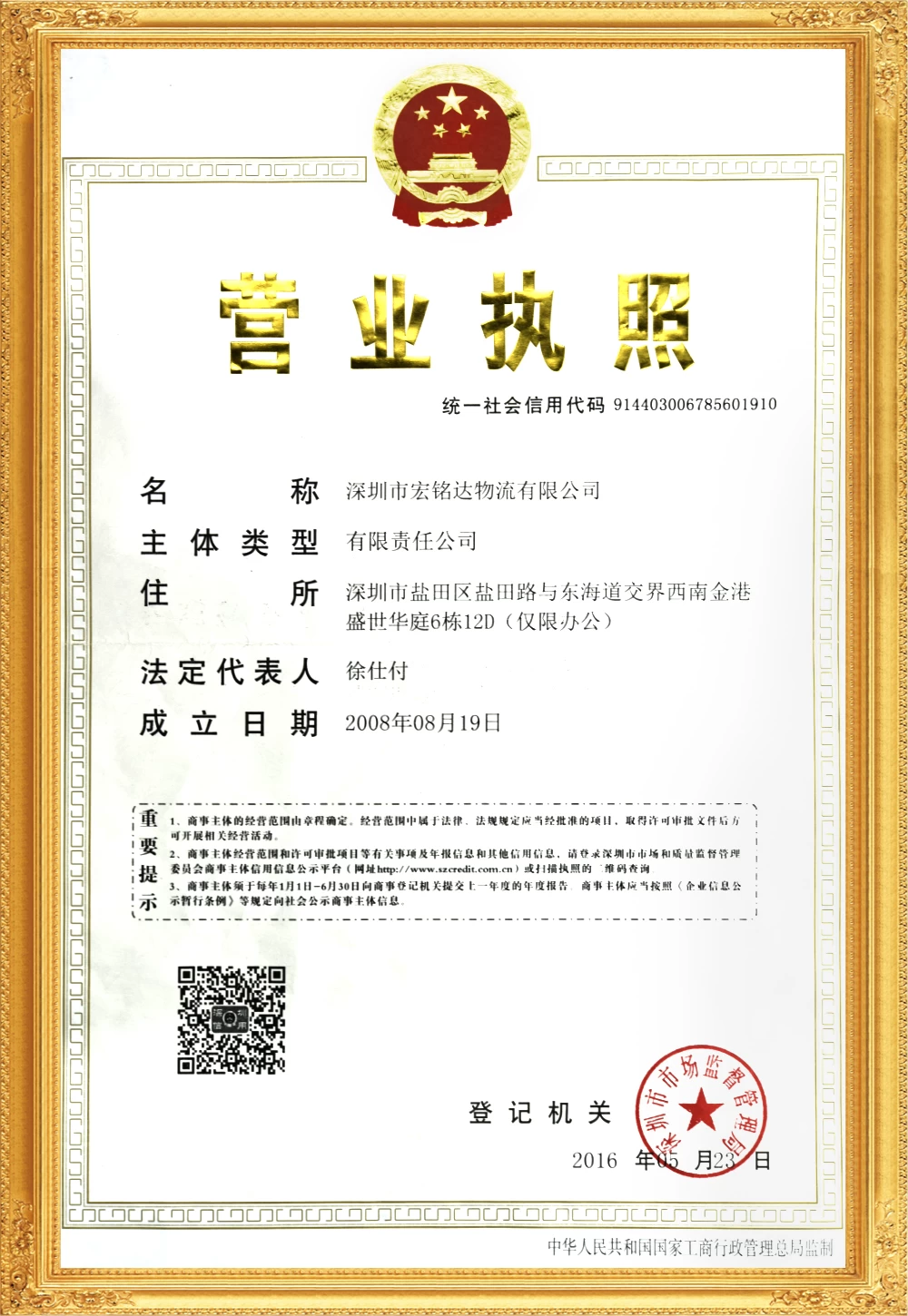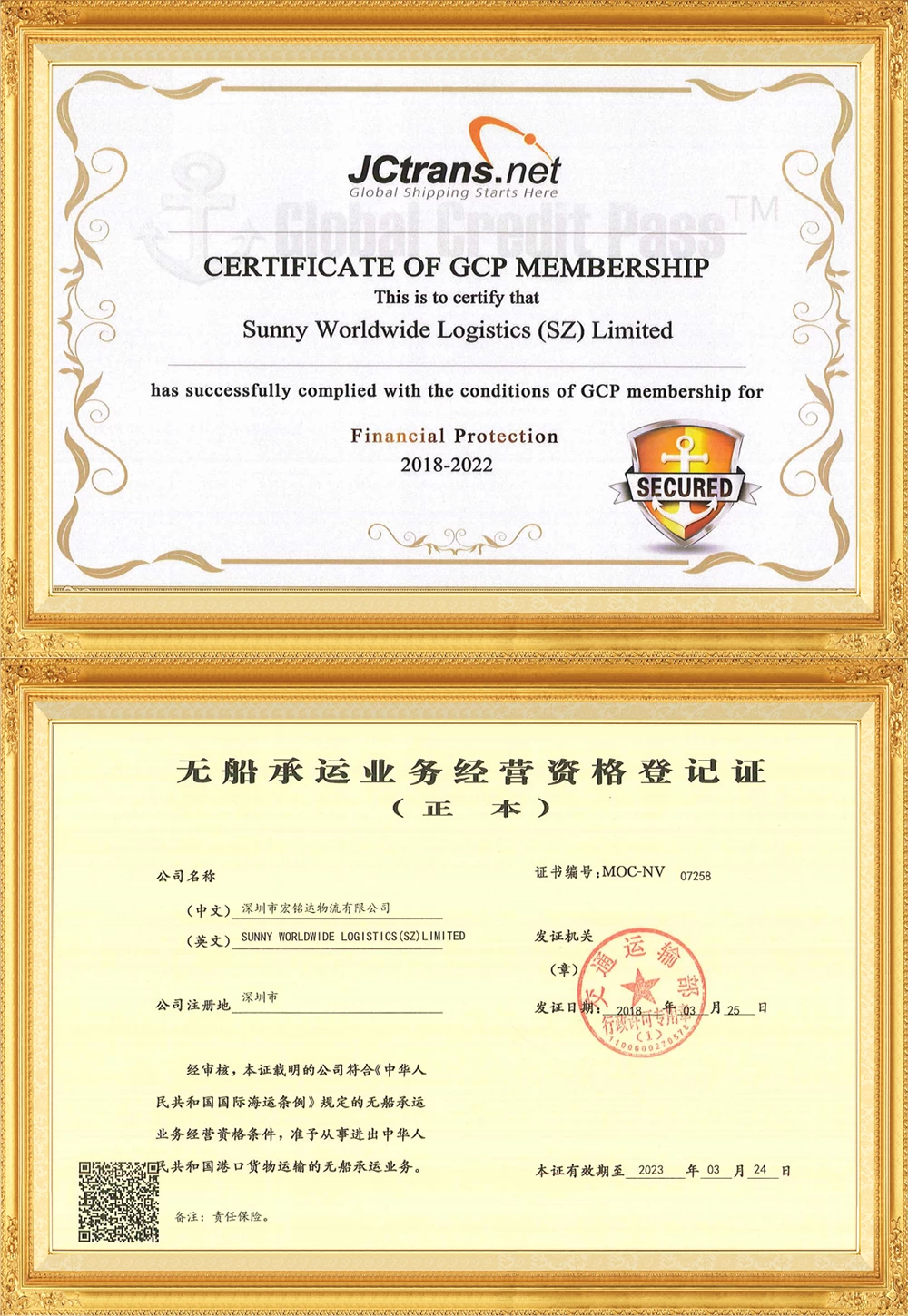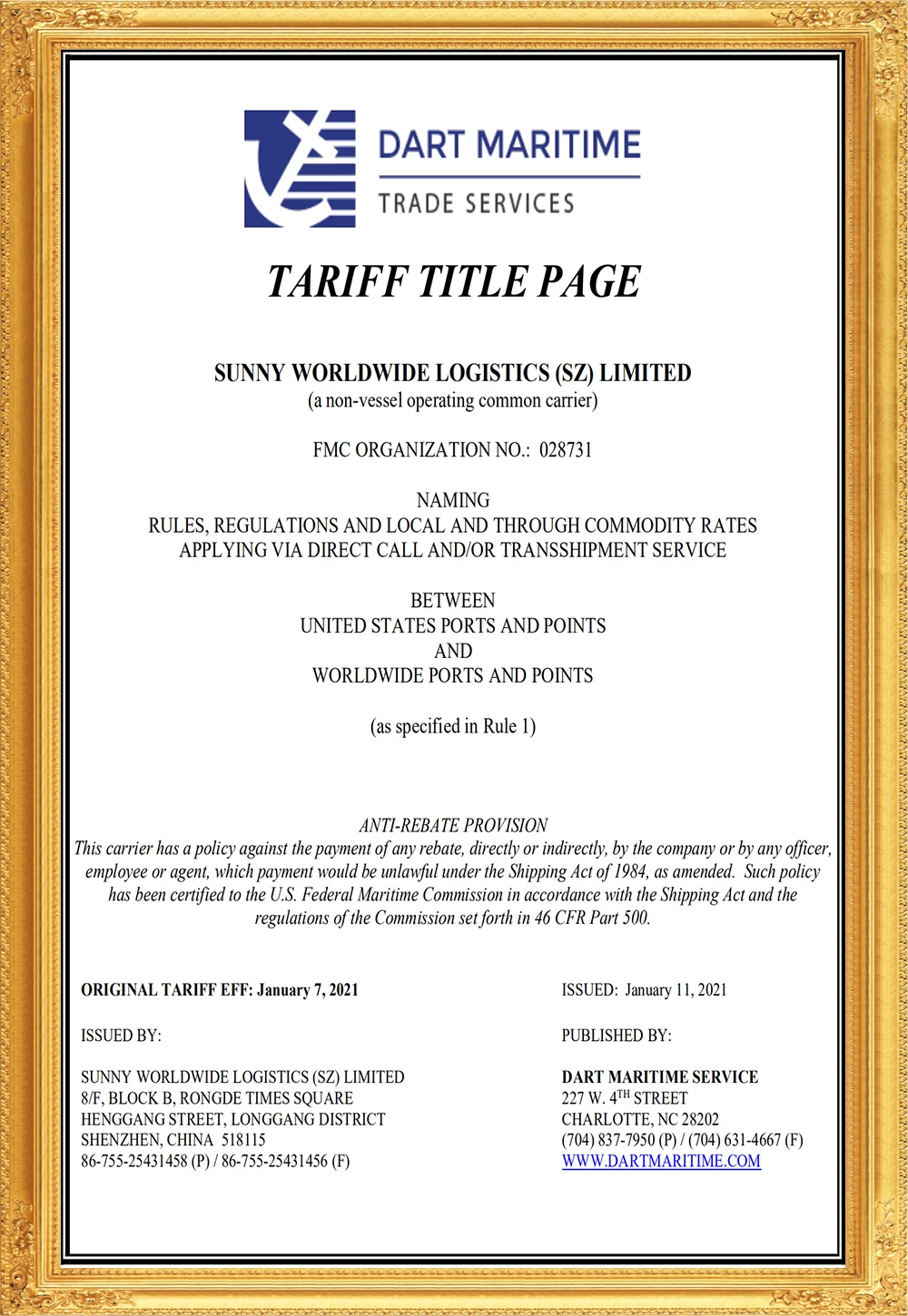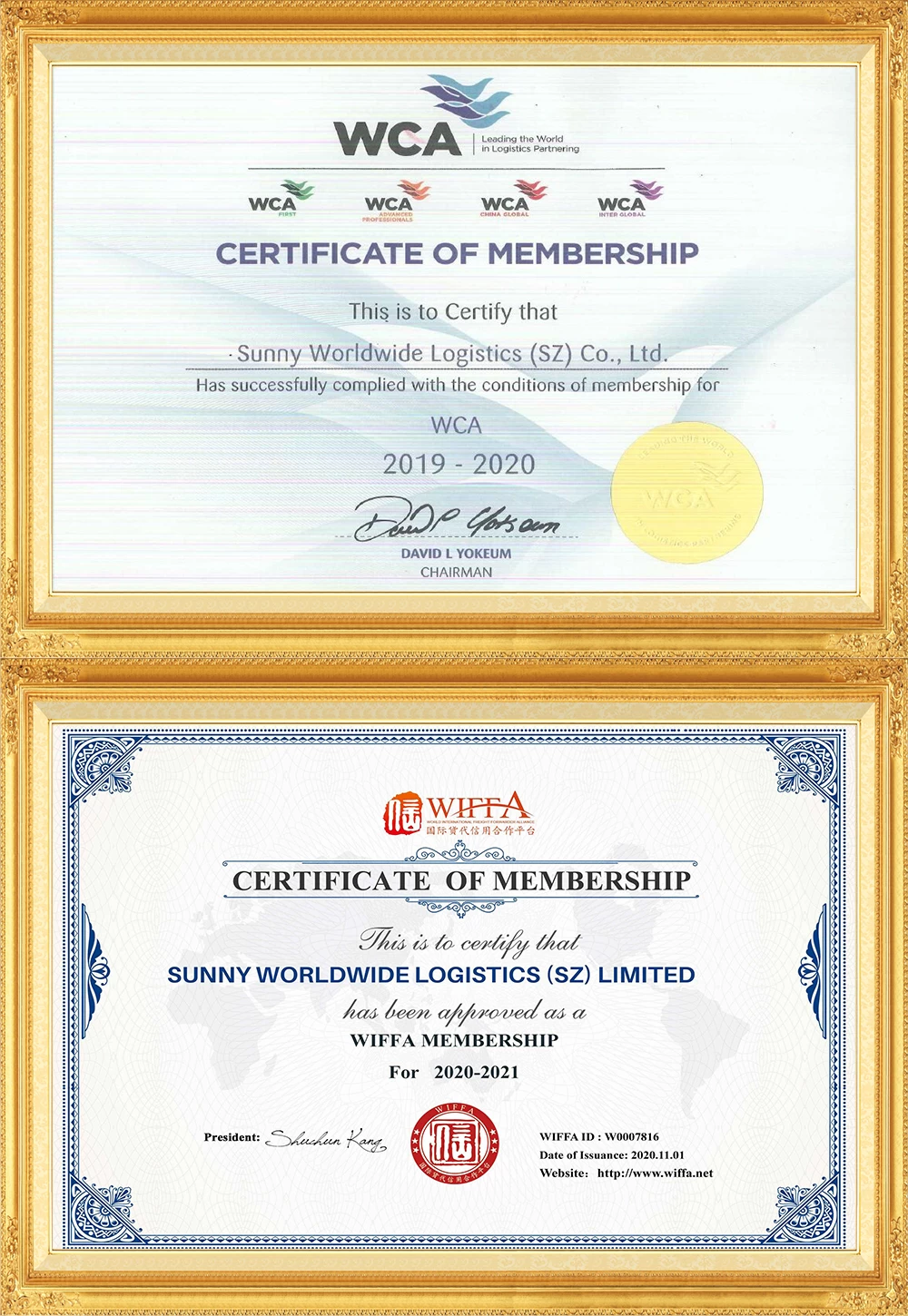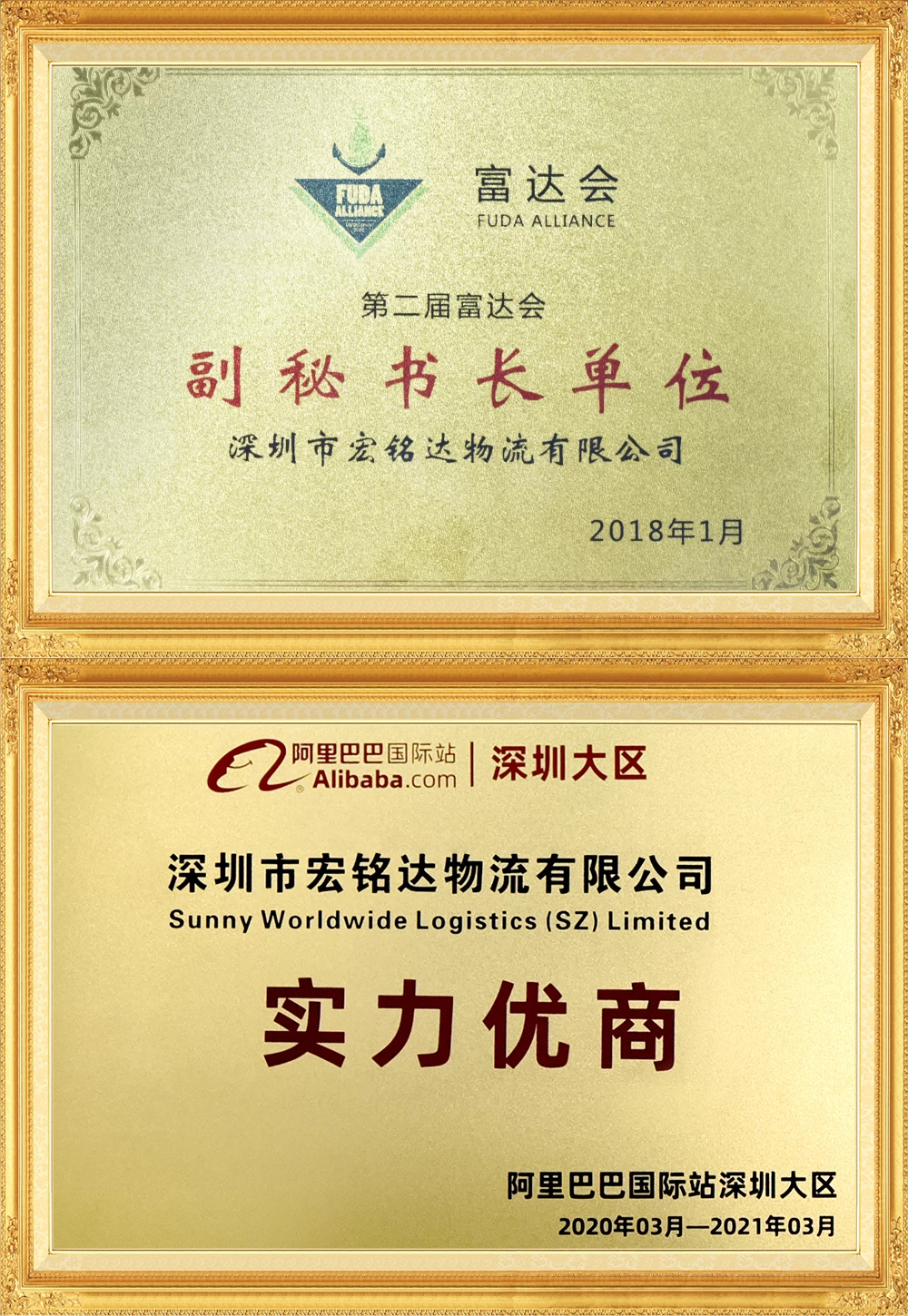A complete collection of basic knowledge of international logistics and risk avoidance skills
Foreign trade logistics is an important link in international trade. Its management and efficiency directly affect the costs and benefits of trade. In order to better help some foreign trade companies understand the rules of international logistics operations, here is some basic knowledge of international logistics. and Let’s take a look at risk avoidance techniques.
Basic knowledge of international logistics
1.What is "Double Clearance with Tax Coverage" and "Double Clearance with No Tax Coverage"?
Shuangqing door-to-door tax package is also called Shuangqing door-to-door tax package. it meansDelivered Duty Paid(… named place of destination)=DDPA term for which the seller bears the greatest responsibility, expense and risk.
DDPThe terminology applies to all modes of transport.
Shuangqing does not include tax, also known as"Delivery duty unpaid"(DDU, Delivered Duty Unpaid---named port of destination), refers to the trade term in which the seller is responsible for renting the means of transportation, transporting the customs-cleared goods to the designated destination within the specified time, delivering the goods on the means of transportation and bearing the costs and risks before delivery.(Excludes duties, taxes and other official charges payable upon importation)
2.What is "export tax rebate"
Generally divided into two types:
The first is to refund import taxes, that is, when an export product enterprise uses imported raw materials or semi-finished products and processes them into products for export, it will refund the import taxes it has paid.;
The first is to refund the domestic taxes paid, that is, when the enterprise declares the goods for export, it will refund the domestic taxes paid for the production of the goods.
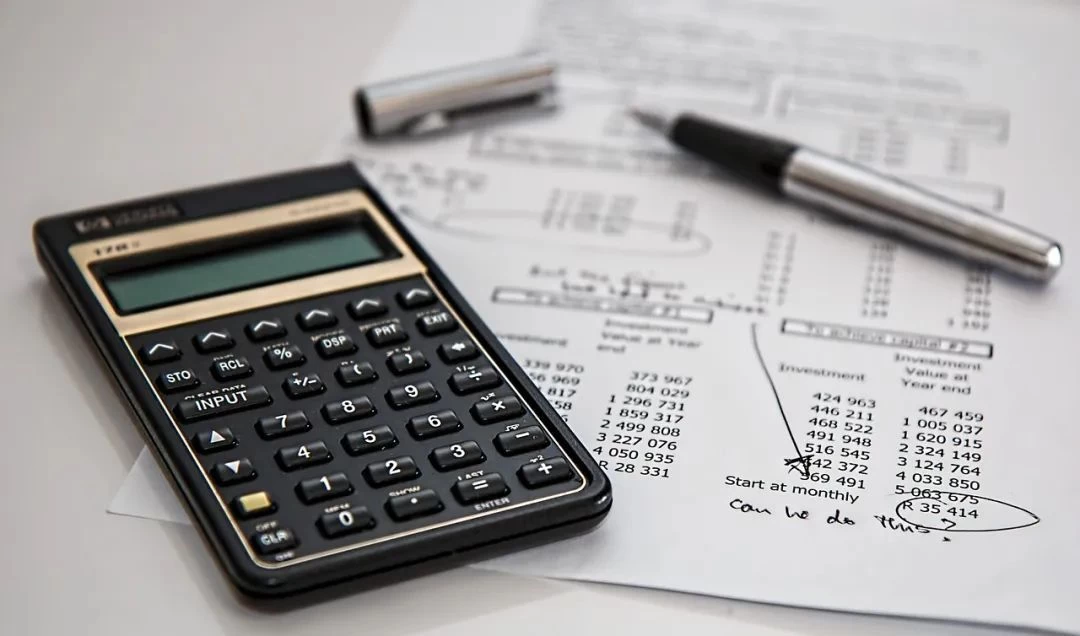
3.Conditions for export tax rebate
(1)It must be goods within the scope of value-added tax and consumption tax.
The scope of collection of value-added tax and consumption tax includes all value-added taxable goods except tax-free agricultural products purchased directly from agricultural producers, as well as tobacco, alcohol, cosmetics, etc.11Class lists consumer products subject to consumption tax.
The reason why this condition must be met is because export goods return(waived)Taxes can only be refunded or exempted from the tax paid and payable on goods that have already been levied value-added tax and consumption tax.
Goods for which value-added tax and consumption tax are not levied(Including goods that are tax-free according to national regulations)Tax refunds cannot be made to fully reflect the"No withdrawal without levy"the rules.
(2)It must be goods declared for export out of the country.
The so-called export refers to the export gateway, which includes two forms: self-operated export and entrusted agent export. The difference between whether goods are declared for export and whether they are declared for export is to determine whether the goods are returned.(waived)One of the main criteria for tax coverage.
Unless otherwise specified, any goods sold domestically and leaving the country without customs declaration shall not be regarded as exported goods and tax refunds shall be granted, regardless of whether the exporting enterprise settles the goods in foreign exchange or RMB, and regardless of how the exporting enterprise handles it financially.
For goods sold within the country that charge foreign exchange, such as hotels, restaurants and other goods that charge foreign exchange, no refunds can be given because they do not meet the conditions for departure and export.(waived)Tax.
(3)The goods must be financially processed for export sales.
Export goods can only be returned after they have been financially processed for export sales.(waived)Tax.
In other words, export withdrawal(waived)The tax provisions only apply to trade export goods, but not to non-trade export goods, such as donated gifts and goods purchased by individuals in the country and taken out of the country.(Unless otherwise specified), samples, exhibits, mailed items, etc., because they are generally not sold for financial purposes, they cannot be returned according to current regulations.(waived)Tax.
(4)It must be goods that have been collected and written off.
According to current regulations, export enterprises applying for refund(waived)Export goods subject to tax must be goods for which foreign exchange has been collected and verified by the foreign exchange management department.
The state stipulates that the goods exported by foreign trade enterprises must possess the above characteristics at the same time.4conditions.
manufacturer(Including manufacturing enterprises with import and export rights, manufacturing enterprises entrusting foreign trade enterprises to export as agents, and foreign-invested enterprises, the same below)Apply for return of export goods(waived)A condition must be added when taxing, that is, applying for a refund(waived)The goods subject to tax must be self-produced goods of the production enterprise or deemed to be self-produced goods in order to be refunded.(waived)Tax.
4.Customs duty prepaid
Customs duty prepayment means doingDDP, means that the seller in China helps the customer complete customs clearance and pay taxes at the location designated by the customer. The seller needs to bear all risks and expenses of transporting the goods to the designated destination, including the responsibility and risk of handling customs-related procedures. and payment of fees, duties, taxes and other charges.
risk warning/avoid
1. Optimize logistics plan
When formulating a logistics plan, it is necessary to fully assess the impact of various uncertain factors on the logistics process and take targeted countermeasures, such as setting aside enough time to deal with delays and stocking up on spare parts or equipment in advance.
2. Choose the right logistics method
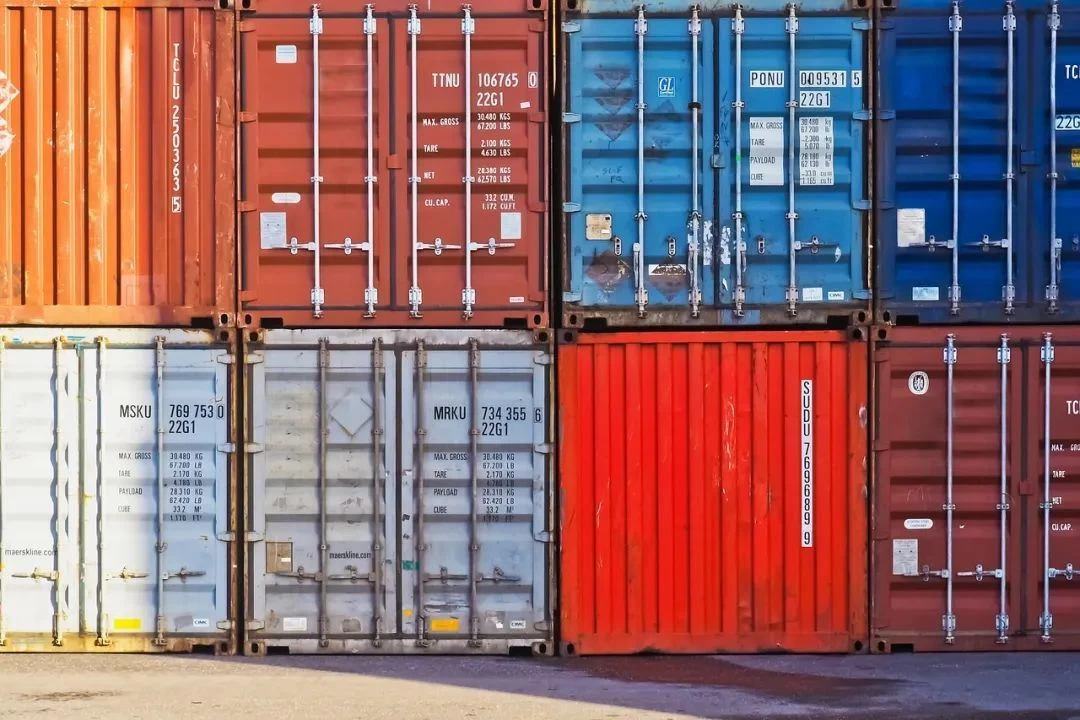
Different logistics methods have their own advantages and disadvantages. Therefore, when choosing a logistics method, you need to fully consider the nature of the goods and related costs, and choose an appropriate logistics method to reduce transportation risks.
For example, during busy seasons, air transportation is faster but more costly, while sea transportation takes more time but its cost is often lower. Choosing the right transportation method can reduce transportation risks to a certain extent.
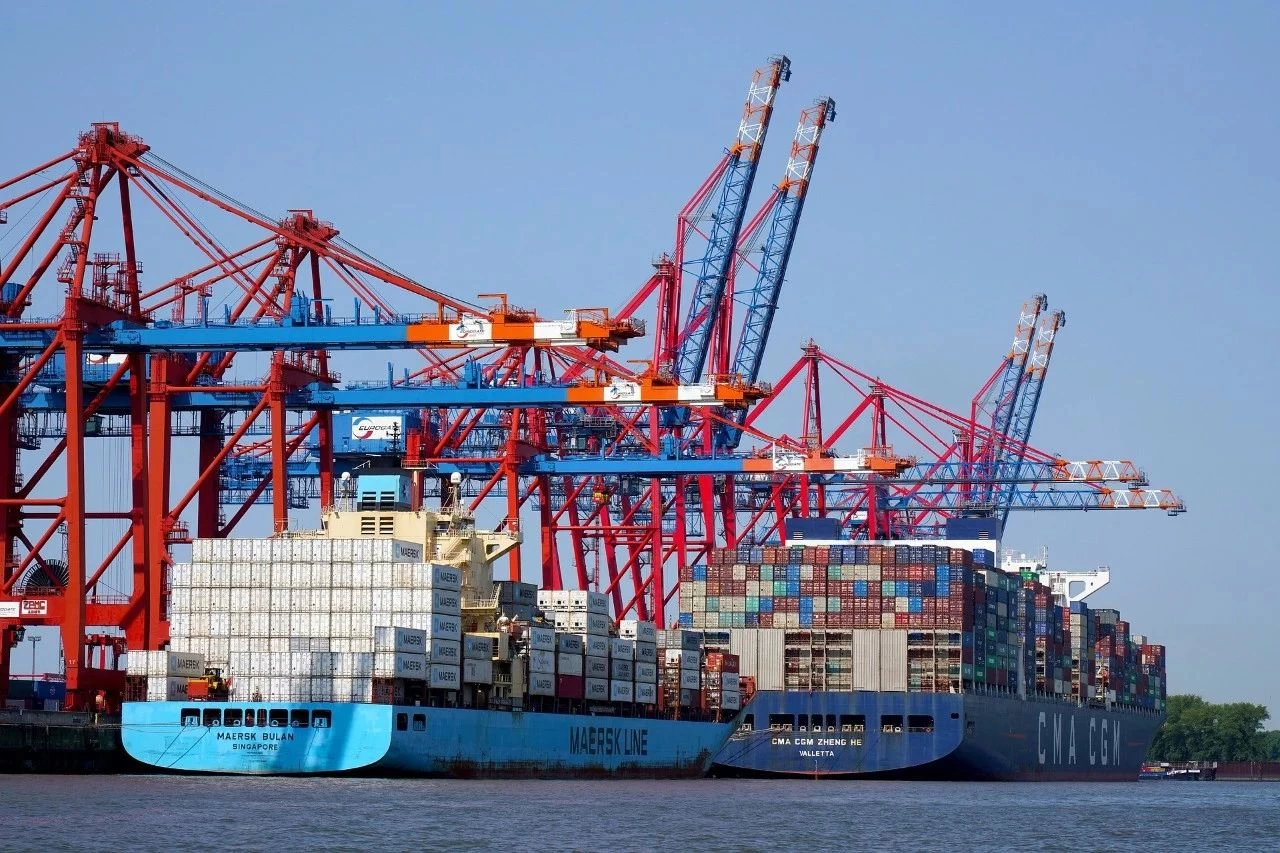
3. Strengthen insurance management
Proper insurance for your goods can mitigate losses should an incident occur, preventing a huge impact on your business.
For different types of goods, different levels of insurance need to be purchased, and the differentiated risks between different modes of transportation need to be distinguished for insurance management.
4. Strengthen supervision and management
In the logistics process, it is necessary to strengthen the supervision and management of goods, including strengthening employee training, formulating reasonable rules and regulations, and establishing a complete emergency response mechanism.
In addition, IoT technology can also be used to track the location and status information of goods in real time to avoid losses or disputes caused by poor cargo management.
Have you learned the basic knowledge and risk avoidance skills of international logistics today?? Sunny Worldwide Logistics LogisticsAs an international logistics company, we provide you with a full range of logistics solutions with excellent service and unparalleled expertise. , us We provide railway, sea, and air transportation, and customized combined logistics, which can help foreign trade companies with freight or time. It is difficult to find such services. Come and try an order now .



